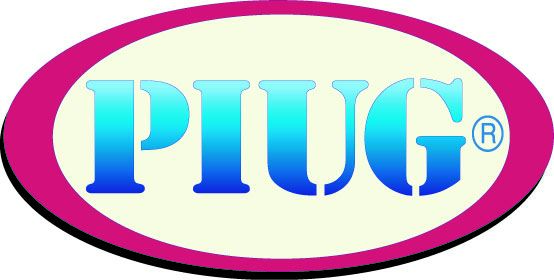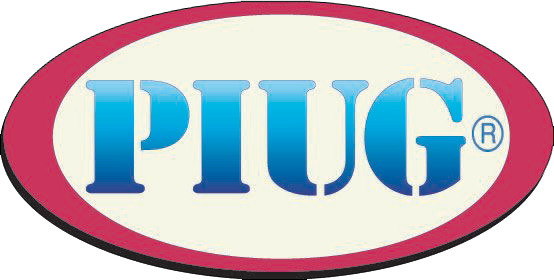Practitioner Response ACreated by Martin Wallace on the PIUG wiki on Aug 26, 2008 To the best of my knowledge, there are no "official" requirements needed to become a patent searcher: no specific academic degree and no specific post-grad exam to undergo. It makes no difference if you're a freelance or an employee working for a company. I have the feeling that most patent searchers probably don't even choose this profession, rather they become patent searchers by chance. This is obviously a striking difference with the world of patent attorneys, who have to obtain a specific degree and pass a professional qualification exam in order to be allowed to practice. This also leads to a situation where, although some training courses in patent information are available (e.g. by vendors, patent offices, etc.), most patent information training is still done in-house (especially within large corporations) or self-taught (i.e. by subscribing to the PIUG mailing list !). Of course this situation is far from being appropriate. In Europe, both the Confederacy of European Patent Information Users Group (aka CEPIUG - founded in 2008 and grouping a few European national patent information associations) and the Patent Documentation Group (PDG - founded in the 1950s and grouping a few major multinational corporations) are actively seeking to set up some form of official examination for patent searchers. This is felt necessary in order to raise the professional status of patent searchers and for making clarity in both industry and academia about what knowledge and skills a professional patent searcher is expected to have versus the occasional, "Google" searcher. At least in Europe, the underlying idea is that a national certification wouldn't make much sense, rather we would like to have a single, European certification scheme. Currently, I'm serving as both vice-president of the CEPIUG and as chair of the PDG working group on education and training (which is working hard to prepare a detailed proposal of how a certification could be set up): therefore, please feel free to contact me, should you need more information on this subject. Regarding the legal liability of patent searchers, I suppose it depends on the specific legislation of each country. At least in my country, reference could probably be made to art. 1710 of the Italian Civil Code, especially in relation to freelance professionals (who may be directly held liable for damages - however employees do not normally run such risks insofar as they act on behalf of their employer). However since the patent searching profession is not regulated by law, applicability of art. 1710 was merely an opinion (probably correct, however) stated by an attorney-at-law during a talk he gave in the course of the last (June 2008) national meeting of the AIDB in Rome (the AIDB is the Italian Patent Information Users Group). In practice, on this topic there almost is no previous case law that I know of, possibly with the exception of a recent case in Israel (2007-12-27, Bio-ner Ltd. Vs Friedman, Wilkof & Co. + Sheinbein. This case was cited during the AIDB meeting): apparently, because a patent search missed one very relevant hit (apparently there was a misunderstanding between what constitutes a "patentability" and a "freedom to operate" search), it was not possible for an applicant to obtain a granted patent. The Israeli court ruled that:
|
 Search
Search Community
Community Job Board
Job Board
